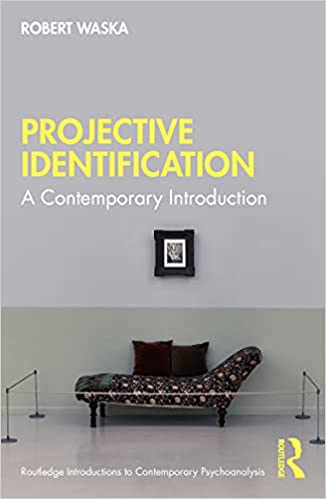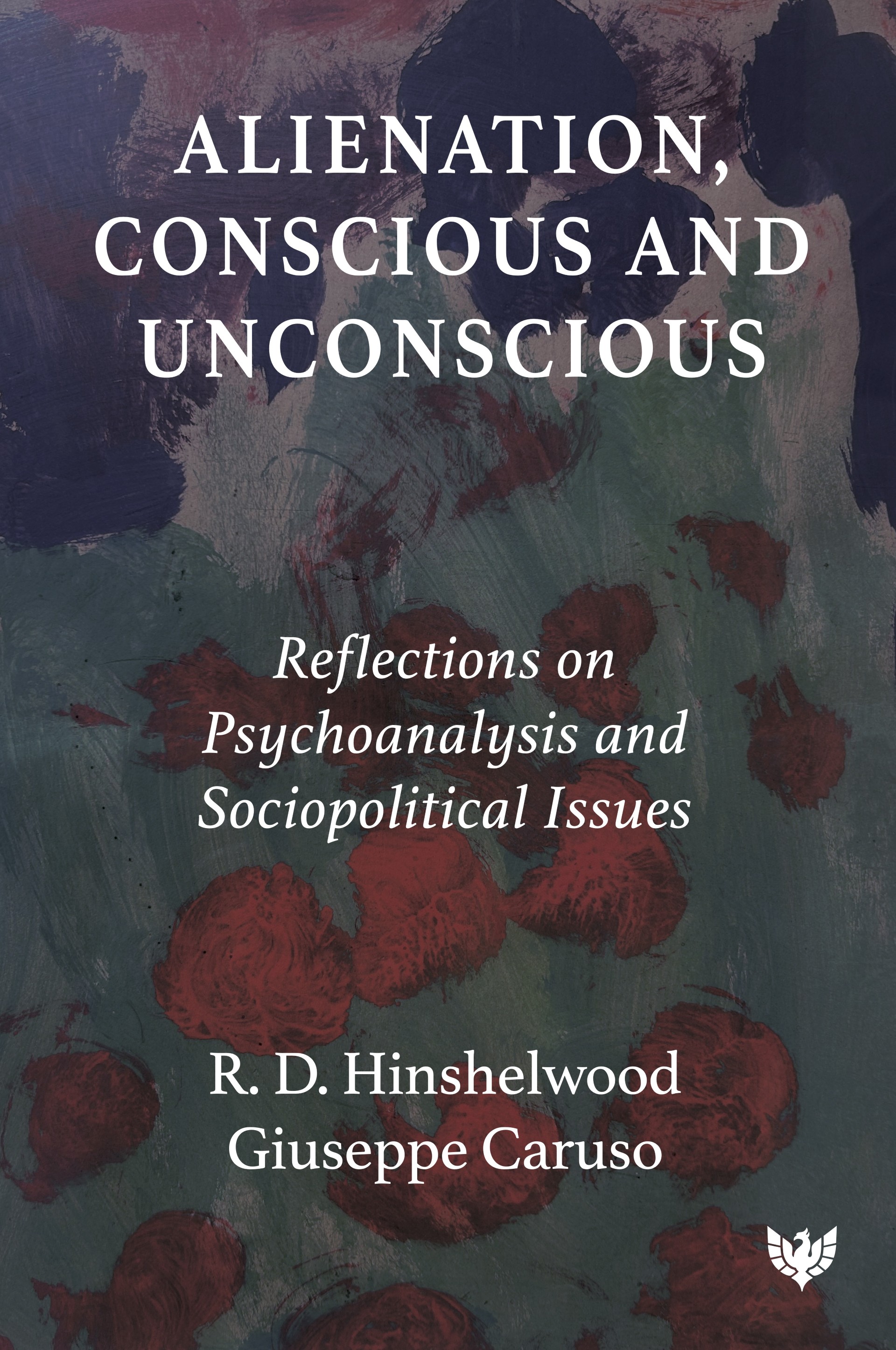Primitive Experiences of Loss: Working with the Paranoid-Schizoid Patient

Book Details
- Publisher : Routledge
- Published : 2002
- Cover : Paperback
- Pages : 216
- Category :
Psychoanalysis - Category 2 :
Clinical Psychology - Catalogue No : 15320
- ISBN 13 : 9781855752603
- ISBN 10 : 1855752603
Also by Robert Waska
Moments of Uncertainty in Therapeutic Practice:...
Price £38.00
The Total Transference and the Complete...
Price £78.00
There are currently no reviews
Be the first to review
Taking as his starting point Melanie Klein's concept of the paranoid-schizoid position, and succinctly reviewing subsequent developments within the Kleinian perspective, Robert T. Waska formulates a distinctive and subtle argument concentrated on the topic of primitive loss. It is Waska's conviction that the experience of loss has a primacy within the paranoid-schizoid position but that this has received insufficient and inadequate recognition, with significant implications for analytic technique.
With this standpoint as his orienting focus, Waska provides a finely-textured and penetrating discussion of such issues as projective identification, symbolization, transference and counter transference. A thoughtful and perceptive examination of theoretical issues is buttressed with substantial illustrative case material throughout.
Calling for further work to be done in refining and clarifying the understanding of loss, and its intrapsychic, interpersonal and technical ramifications, the present volume represents a significant contribution and stimulus to that task
About the Author(s)
Robert Waska MFT, PhD is a graduate of the Institute for Psychoanalytic Studies and has a private psychoanalytic practice for individuals and couples in San Francisco and Marin County. Dr. Waska has taught and presented in the Bay Area as well as internationally. He is the author of ten published textbooks on psychoanalytic theory and technique, is a contributing author for both The Handbook of Contemporary Psychotherapy and The Handbook of Hate, and has published over eighty articles in professional journals. Dr. Waska's work focuses on various contemporary Kleinian topics including projective identification, loss, borderline and psychotic states, the practical realities of psychoanalytic practice in the modern world, and the establishment of analytic contact with difficult, hard to reach patients. He emphasizes the moment-to-moment understanding of transference and phantasy as the vehicle for gradual integration and mastery of unconscious conflict between self and other.
Customer Reviews
Our customers have not yet reviewed this title. Be the first add your own review for this title.
You may also like
Alienation, Conscious and Unconscious: Reflections on Psychoanalysis and...
R.D. Hinshelwood
Price £34.19
save £3.80










